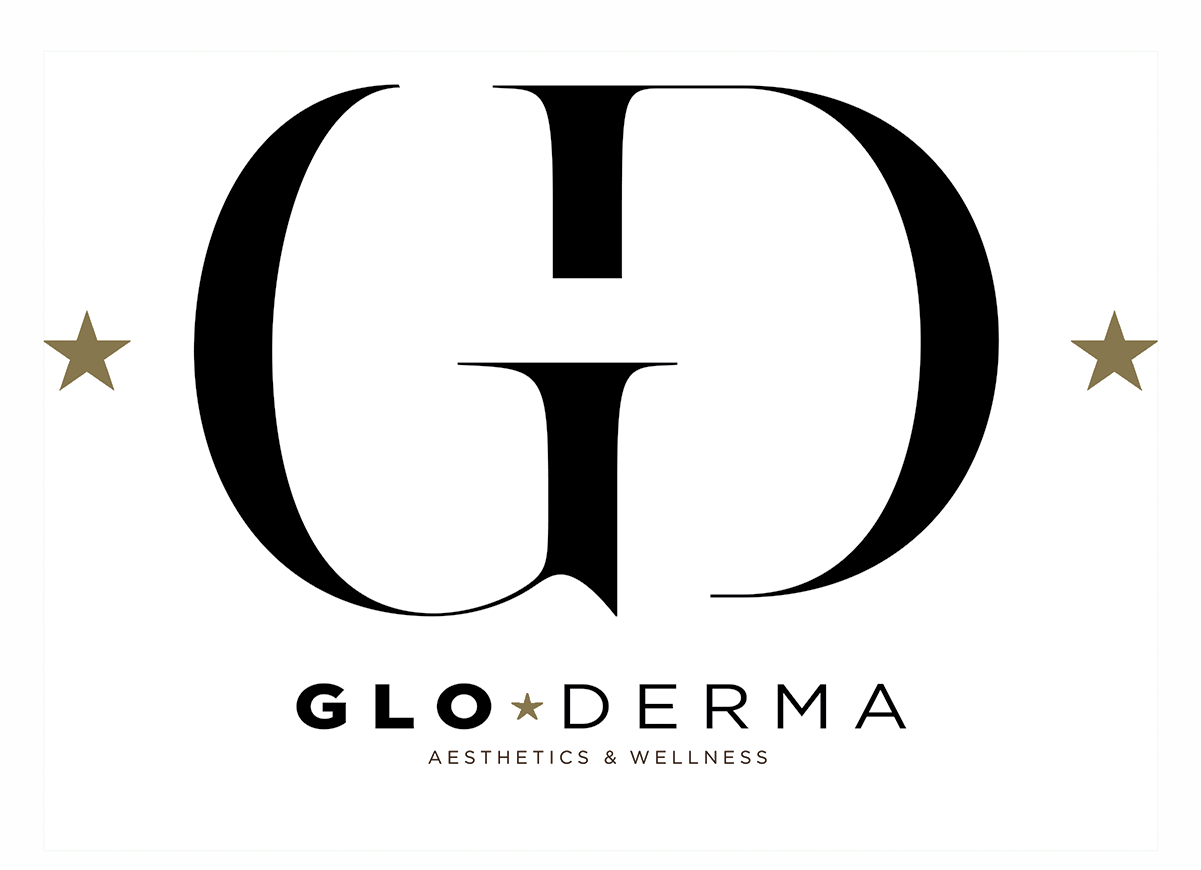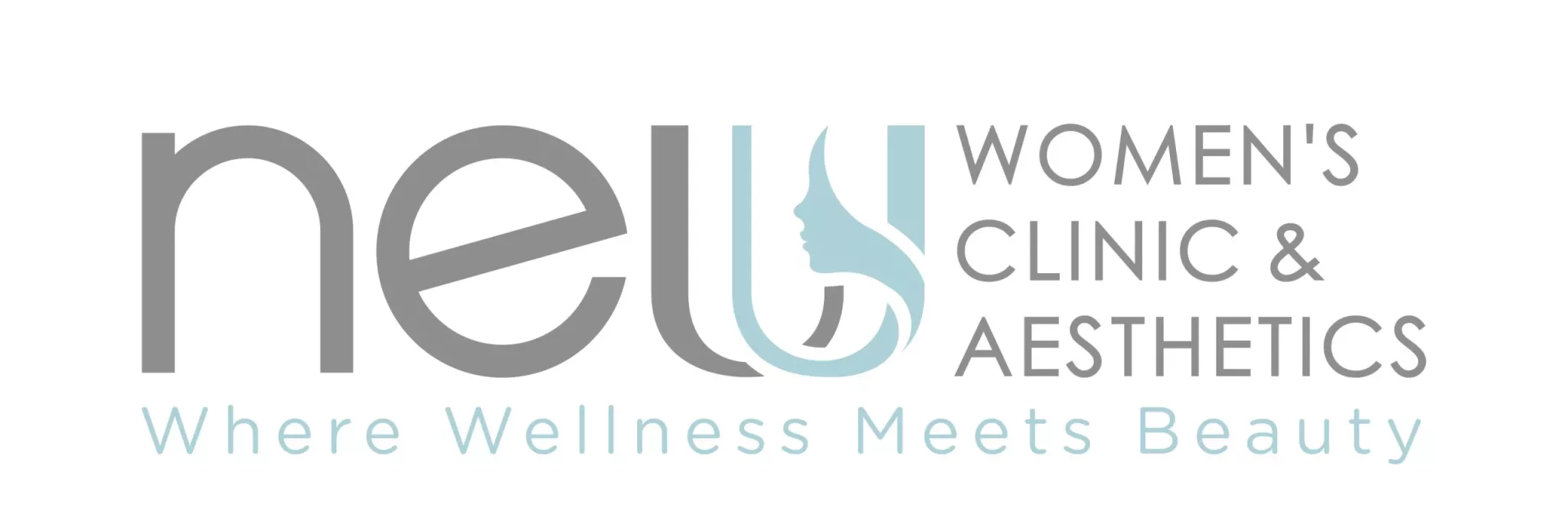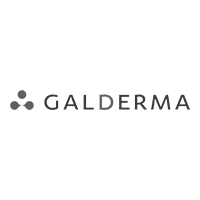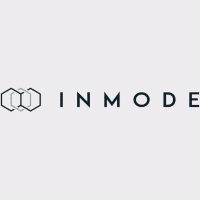
Introduction
Online reviews have become essential to consumer decision-making in various industries, including healthcare. Dermatology clinics are no exception to this trend. Potential patients seeking a dermatologist now rely heavily on Google reviews as a source of information. Therefore, it’s crucial for dermatology clinics to manage their online reputation effectively to attract and retain patients. In this blog post, we’ll delve into the power of Google reviews and provide strategies for reputation management, from engaging with patients to leveraging social media to help your clinic stand out in a competitive market.
The Importance of Google Reviews for Dermatology Clinics
When it comes to finding a dermatologist, patients have a plethora of options to choose from. A quick Google search will reveal numerous clinics and specialists in the area. So, how do patients differentiate between them and make a decision? This is where Google reviews come into play. Google reviews provide potential patients valuable insights into the quality of care and service a dermatology clinic offers. Positive reviews can be a significant driver of new patient acquisition, while negative reviews can lead to a decrease in patients and harm a clinic’s reputation. Therefore, it’s essential to manage online reviews effectively.
Google reviews also affect a clinic’s search engine rankings. The more positive reviews a clinic has, the higher it will rank in Google’s search results, making it more visible to potential patients. As a result, clinics with higher rankings have a better chance of attracting new patients and standing out from the competition.
The power of Google reviews cannot be underestimated in today’s digital age. They are vital for dermatology clinics to attract new patients, build trust, and establish a positive online reputation. In the next section, we’ll discuss the strategies dermatology clinics can use to manage their online reputation effectively.
Strategies for Reputation Management for Dermatology Clinics
Now that we understand the importance of Google reviews let’s explore strategies that dermatology clinics can use to manage their online reputation effectively:
Encourage Patients to Leave Reviews: The first step to managing your online reputation is encouraging satisfied patients to leave reviews on Google. This can be done by including a call-to-action on your website or providing patients with a direct link to your Google My Business page.
Respond to Reviews: Positive and negative reviews are essential for managing your online reputation. Responding to positive reviews shows patients that you value their feedback and appreciate their support. Responding to negative reviews shows you are committed to addressing patient concerns and improving their experience.
Address Negative Reviews: Negative reviews are bound to happen, but how you handle them can make all the difference. Take the time to address the issue and provide a solution or explanation. This shows that you take patient feedback seriously and are committed to improving their experience.
Monitor Your Online Reputation: Regularly monitor your online reputation to keep up with new reviews and mentions. Set up Google Alerts for your clinic’s name and use social listening tools to monitor conversations about your clinic online.
Leverage Social Media: Social media is an excellent tool for building your online reputation. Use social media platforms to share positive patient experiences and testimonials and engage with patients through comments and direct messages.
Encouraging Patients to Leave Reviews
Encouraging patients to leave reviews is critical for managing your online reputation effectively. Here are some strategies that can help:
Ask for Reviews: The most straightforward way to get patients to leave a review is to ask them. Train your front desk staff to request reviews from patients after their appointments. You can also send follow-up emails or texts for feedback and a review.
Make it Easy: Make it easy for patients to leave a review by providing them with a direct link to your Google My Business page. Include the link in follow-up emails, text messages, and your website.
Offer Incentives: Offering incentives such as a discount on future appointments or a chance to win a prize can be a great way to encourage patients to leave reviews. However, be careful not to offer incentives in exchange for positive reviews, as this is against Google’s guidelines.
Highlight Reviews: Showcase positive reviews on your website and social media platforms. This not only shows potential patients that you value patient feedback, but it can also incentivize current patients to leave a review in hopes of being featured.
Conclusion
Managing your online reputation is critical, and Google reviews significantly shape how patients perceive your dermatology clinic. By encouraging patients to leave reviews, responding to reviews, addressing negative reviews, monitoring their online reputation, and leveraging social media, dermatology clinics can effectively manage their online reputation and attract new patients.
At Growth99, we understand the importance of reputation management for dermatology clinics, so we offer a range of digital marketing services tailored to the healthcare industry. From search engine optimization to social media management, our team of experts can help your clinic build and maintain a positive online reputation. Contact us today to learn how we can help your dermatology clinic thrive in the digital age.




























